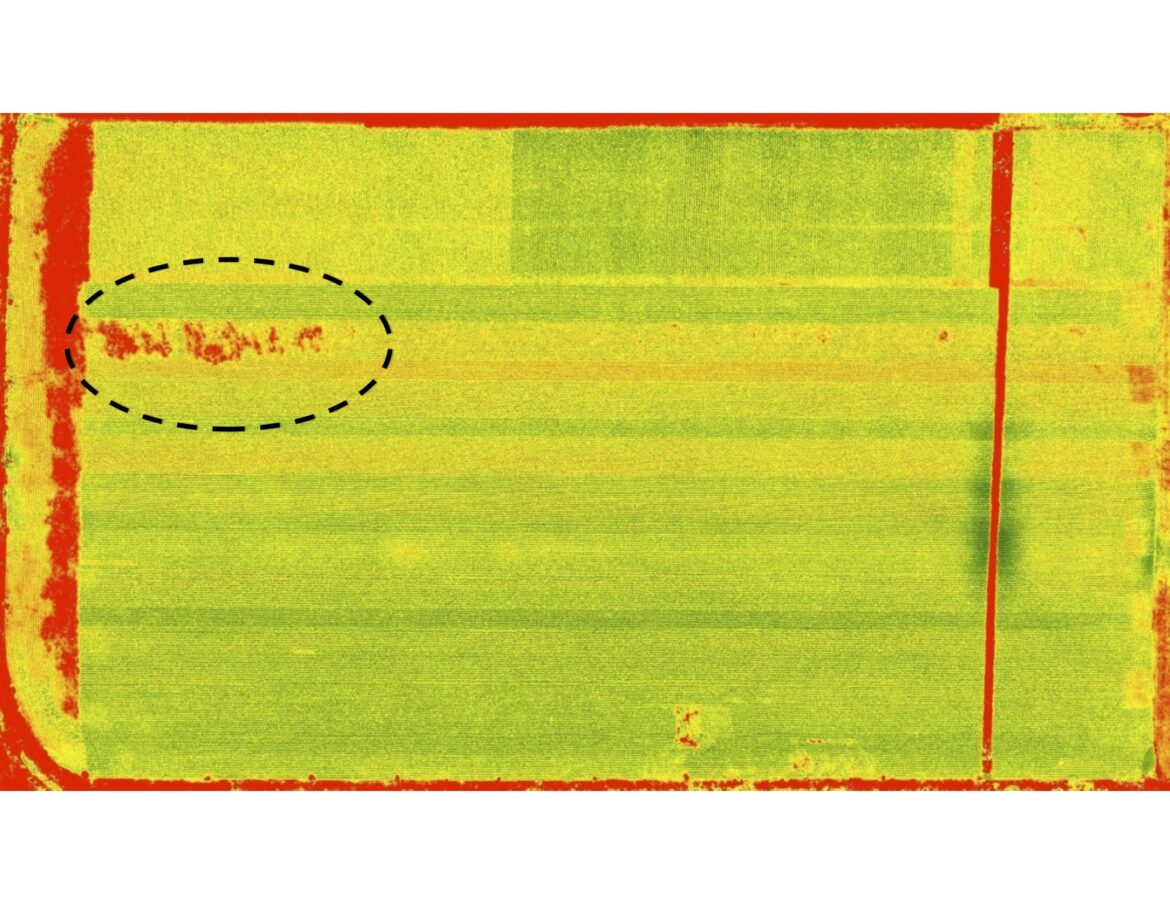Land
Michigan eyeing foreign farmland ownership
|
The recent expansion of China-owned land in the U.S. is raising concerns about the food supply chain and affordable land in Michigan.
In the Midwest, Chinese entities own around 44,000 acres, which is about an eighth of such entity property holdings in the United States, according to the USDA.

